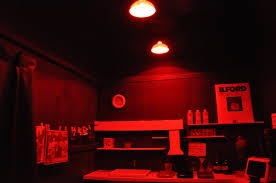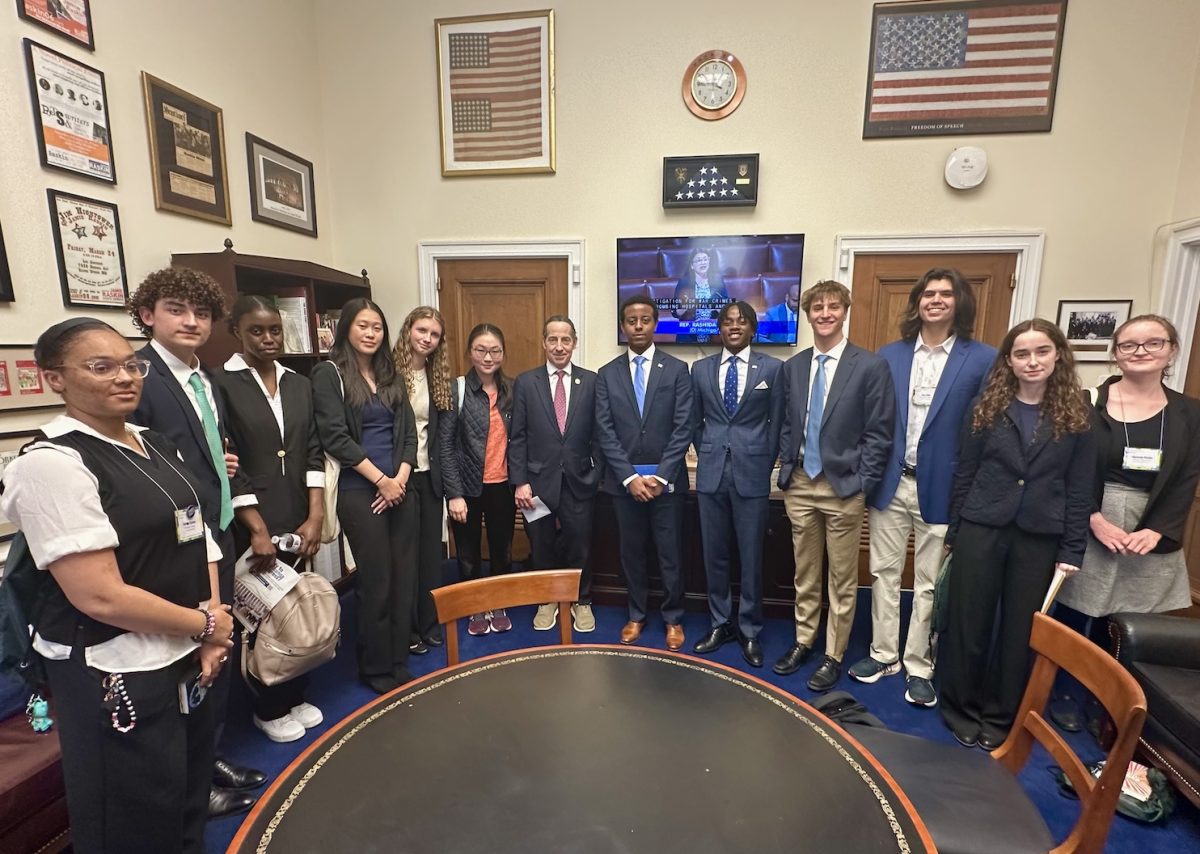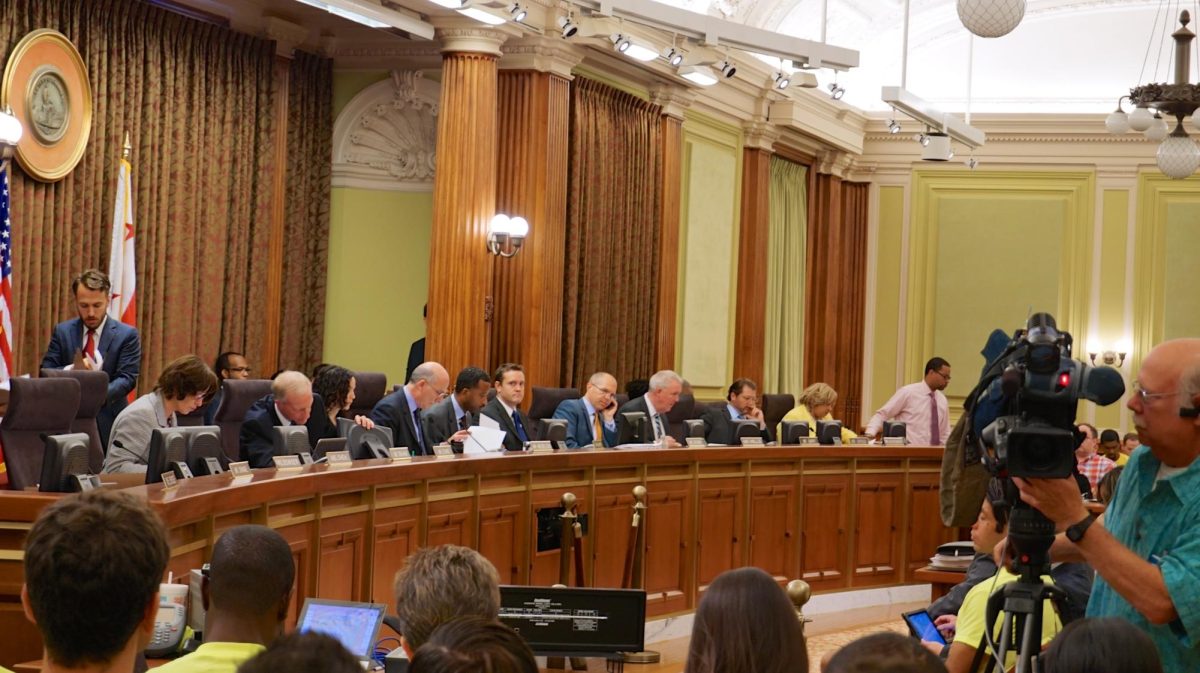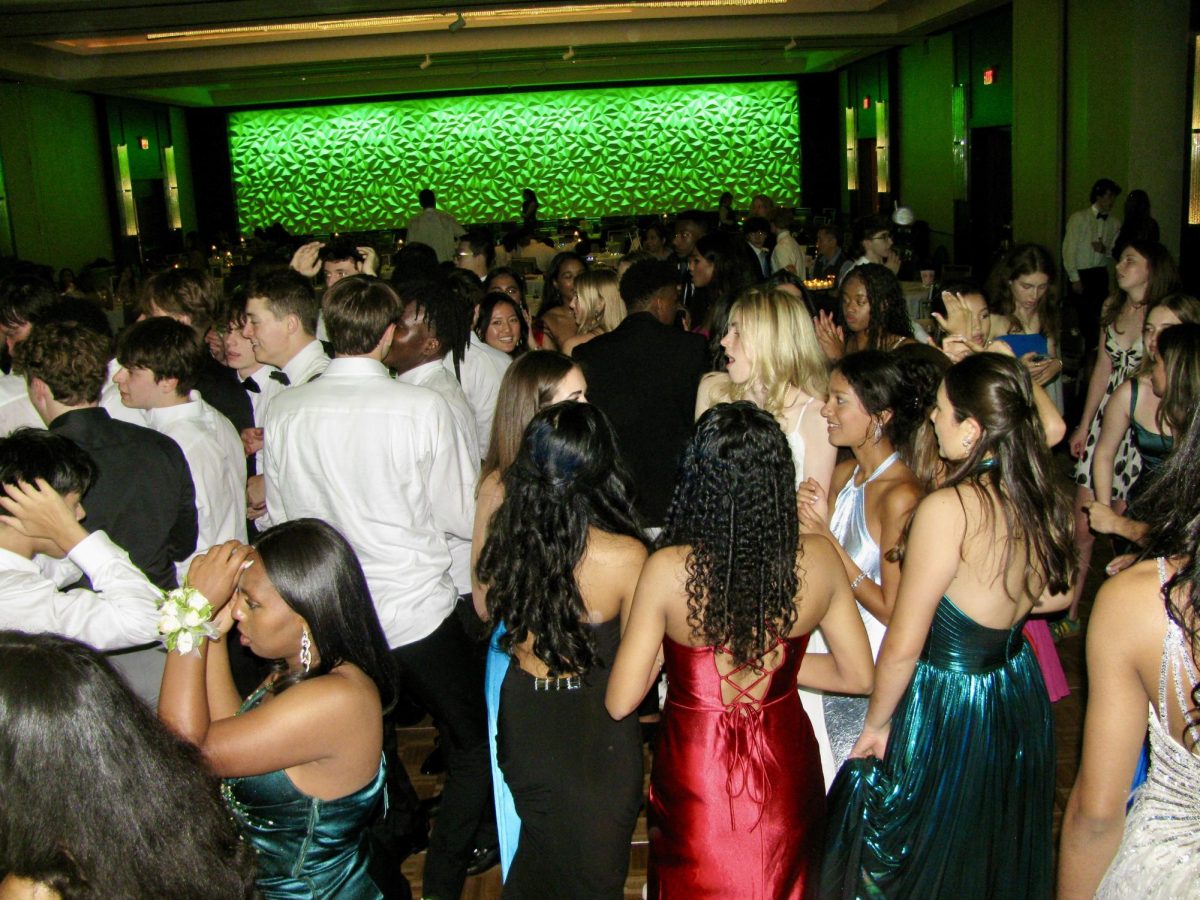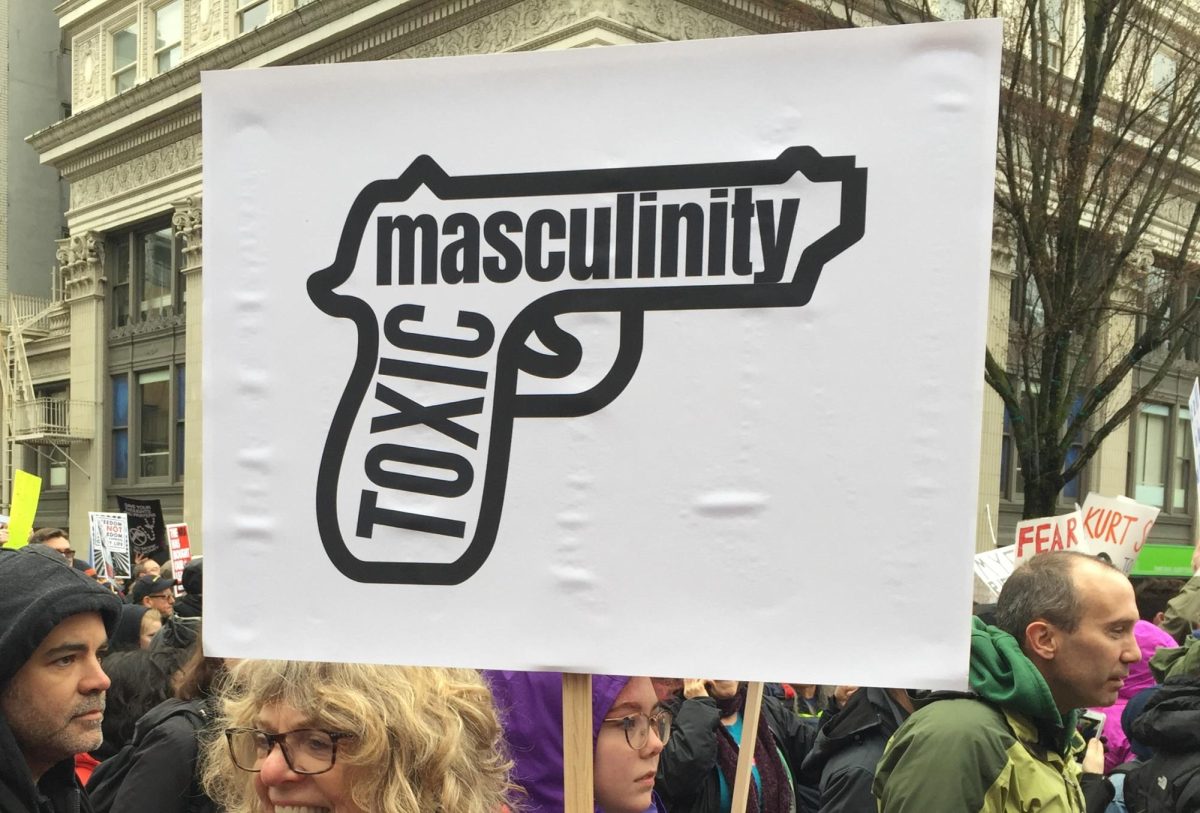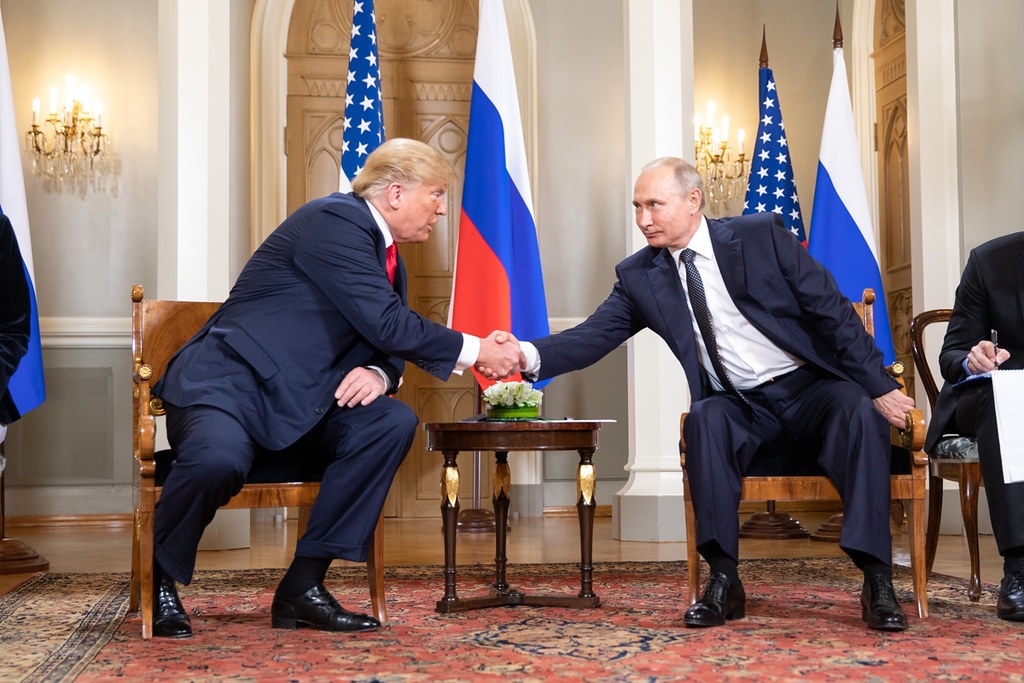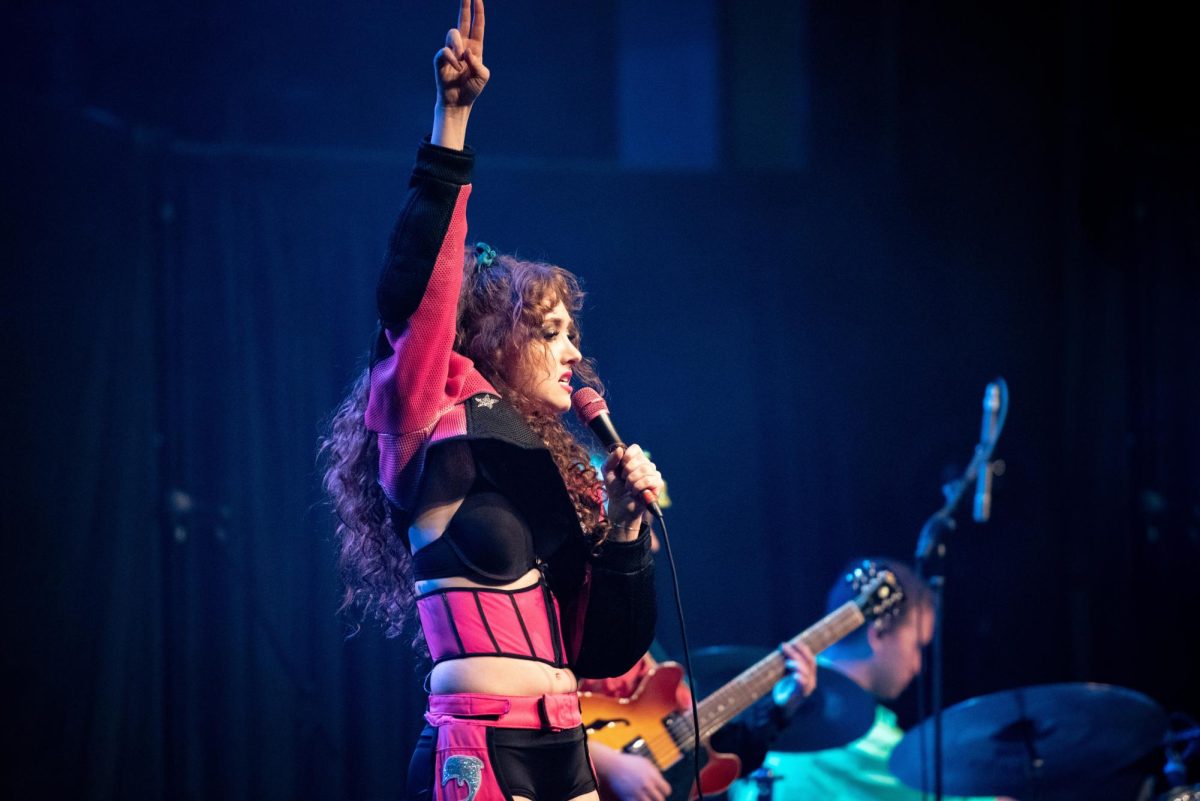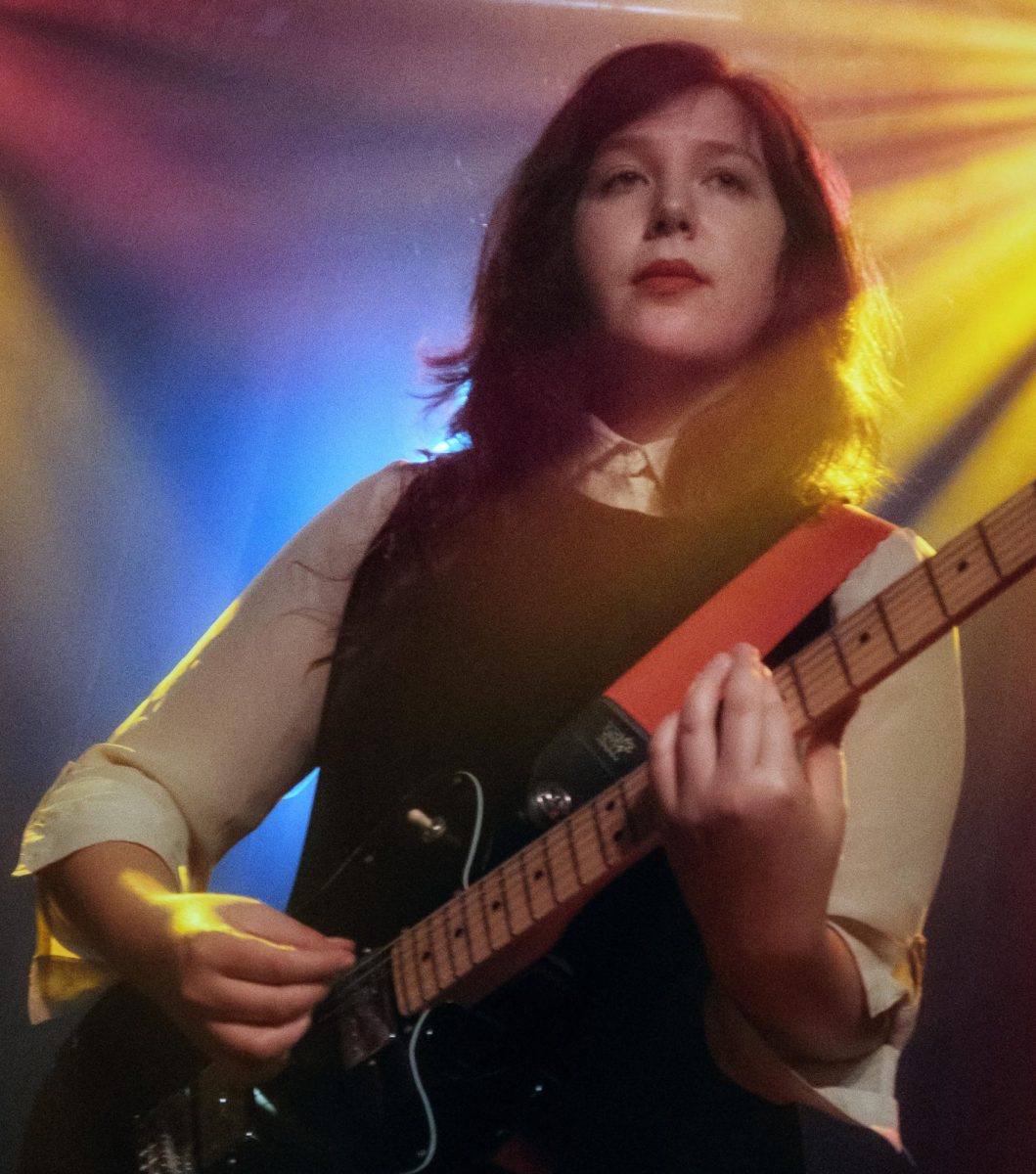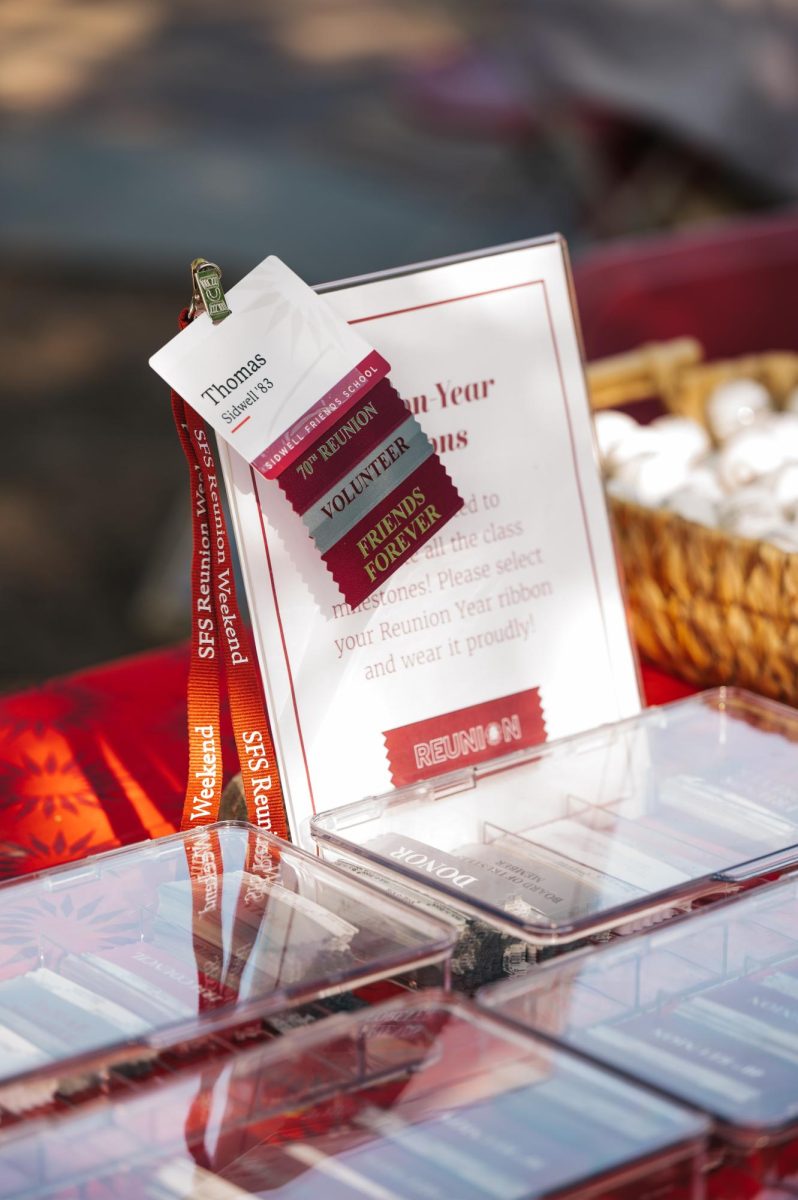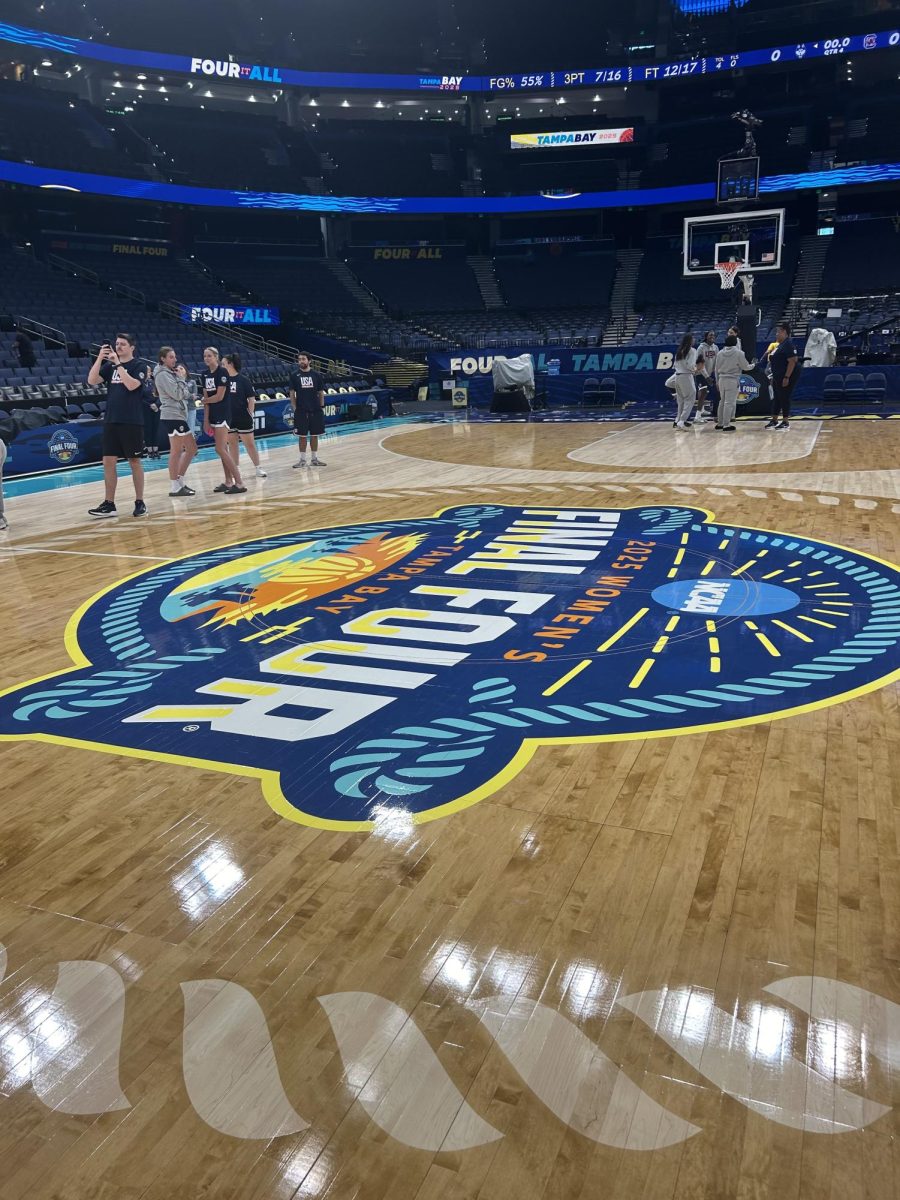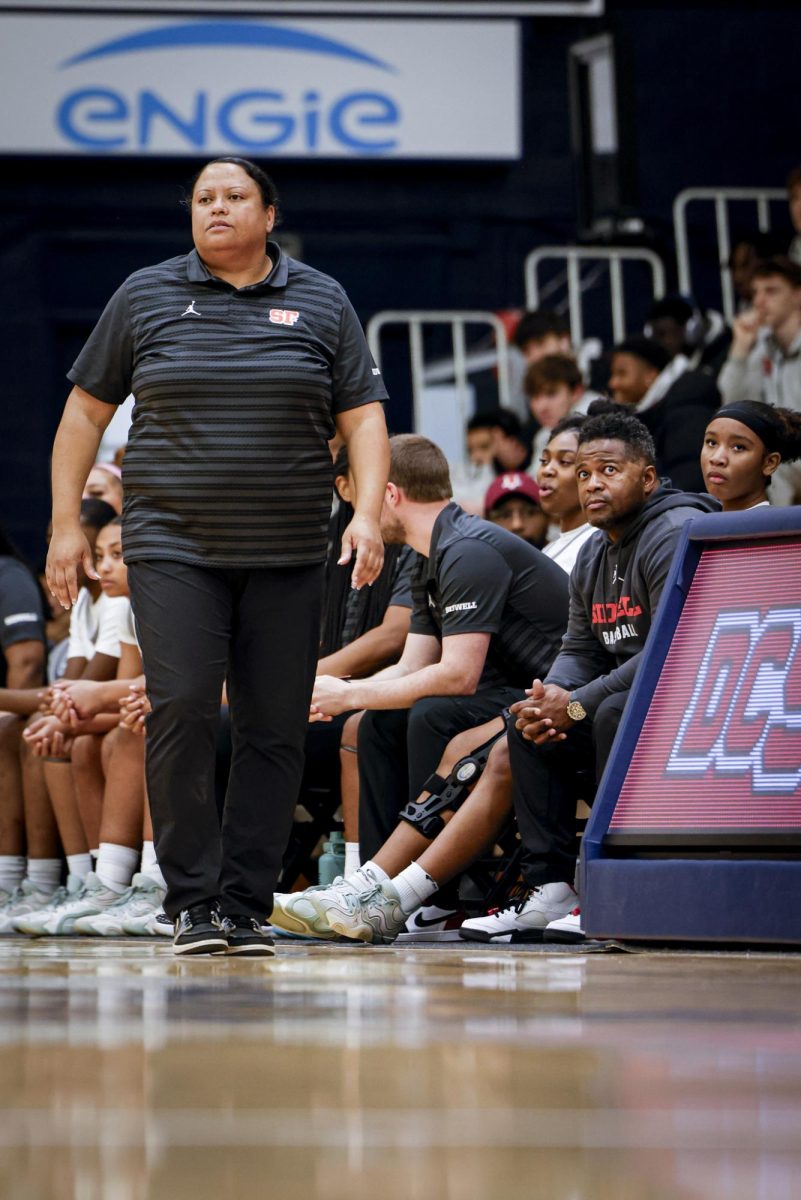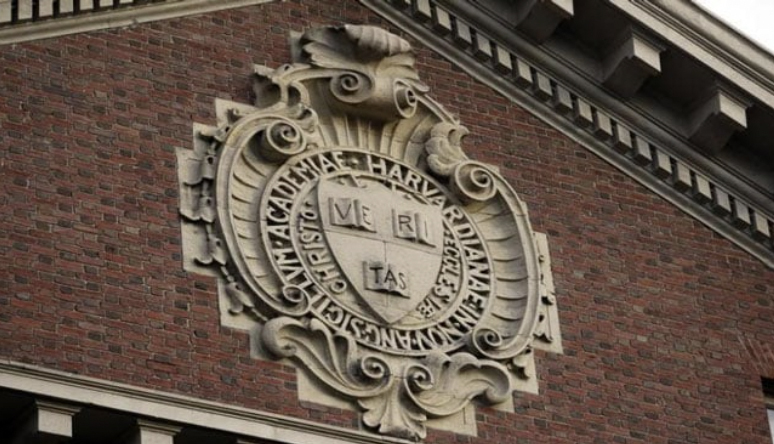Blue Origin Mission NS-31 was unnecessary and showcased extreme privilege, emphasizing the exclusivity, high cost and wasted time tied to the growing phenomenon of “space tourism.”
Mission NS-31 launched on April 14 as a part of Blue Origin’s mission to develop beneficial space technology. The six women aboard the spacecraft were singer Katy Perry; television personality Gayle King; former NASA engineer Aisha Bowe; bioastronautics researcher and civil rights activist Amanda Nguyen; film producer Kerianne Flynn; and journalist and fianceé of Blue Origin founder Jeff Bezos, Lauren Sánchez. The trip marked the first all-female space crew in 60 years. While these women and some media outlets attempted to tout the trip as a triumph for feminism and science, it was a tone-deaf display of wealth and mockery of feminist progress.
The inclusion of high-profile celebrities overshadowed the accomplishments of lesser-known participants such as Bowe or Nguyen, with critics arguing that the trip prioritized commercial success rather than substance. This lack of substance in the trip is a cause for disillusionment. In addition, the trip demonstrated the popular figures’ excessive privilege and wealth, highlighting the exclusivity and increased cost associated with space tourism. One seat on the trip was auctioned off for about $28 million, and a $150,000 deposit was needed to purchase a seat.
While passengers on the trip, such as Perry and Sanchez, attempted to tout it as a female accomplishment, their focus clashed with that. “Space is going to finally be glam,” Perry commented. Although meant as a joke, it deeply undermines the accomplishments of female astronauts and space researchers by feeding into antifeminist stereotypes. In addition, Sanchez’s connection to Jeff Bezos, being the primary reason she got a seat on the trip, also deeply contradicts the image of feminism that is being painted. While on the trip, Perry promoted her album. When she landed back on Earth, the singer kissed the ground as if she had achieved something extraordinary in an obvious appeal to public sympathy.
In the past, many women of color have been integral to the progression of space travel, all while receiving no credit for their work. In an interview with Elle, the passengers paid lip service to the importance of women in space fields. However, they mainly focused on the entertaining parts of the trip rather than acknowledging the decades of hard work that have made it possible.
Furthermore, in the 11 minutes they spent in space, the women merely looked out of windows during the ride, and there was no concept of space exploration or conducting research. This lack of scientific engagement underscores the missed opportunity for meaningful exploration. Overall, the trip was a wasted opportunity that only served as a display of privilege.






